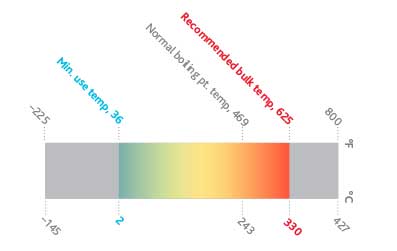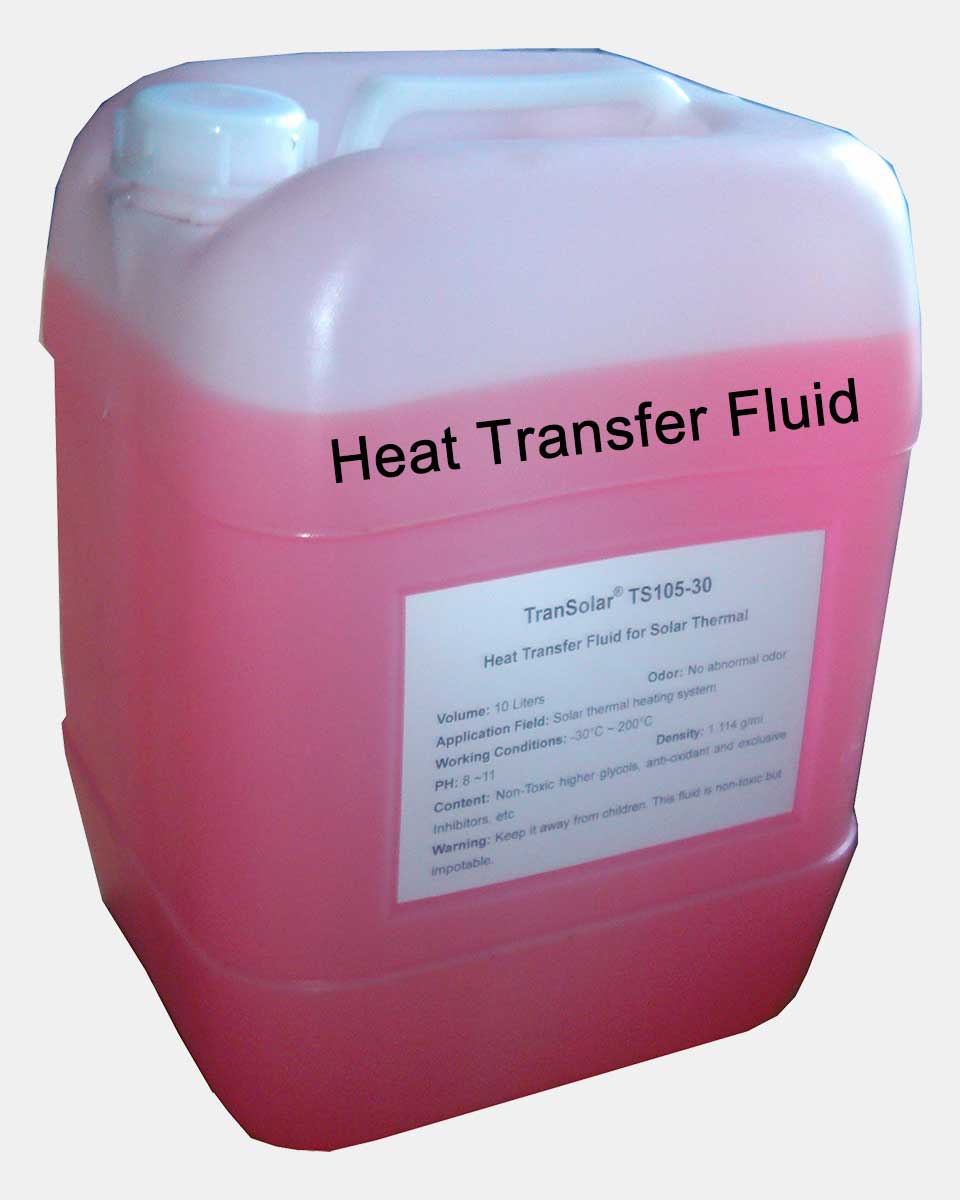Just How to Securely Manage and Throw Away Utilized Heat Transfer Fluid
Just How to Securely Manage and Throw Away Utilized Heat Transfer Fluid
Blog Article
Why Warmth Transfer Fluid Is Crucial for Optimizing Energy Transfer in Solution
The duty of warmth transfer liquids in optimizing energy transfer is essential for attaining efficient thermal management across different commercial fields. These liquids facilitate seamless warm exchange, making certain processes operate within ideal temperature varieties and minimizing the risk of overheating. Their selection, based on aspects like thickness and thermal security, directly influences the effectiveness and sustainability of a system. Nonetheless, the details of choosing the ideal liquid are often undervalued. What are the critical factors to consider for this selection, and exactly how do they affect both economic performance and ecological responsibility in industrial applications?

Duty in Thermal Administration
Warmth transfer liquids play a critical role in thermal management by efficiently regulating temperatures in different industrial processes and systems. These specialized liquids promote the transfer of warmth in between different elements, guaranteeing optimal operating problems and protecting against getting too hot. By preserving precise temperature control, warmth transfer liquids enable industries such as chemical production, oil and gas, and power generation to operate safely and successfully.
The option of a proper heat transfer liquid relies on a number of variables, consisting of thermal security, heat capacity, and thickness. High thermal security makes certain that the liquid can withstand severe temperatures without deteriorating, while a high warmth capability allows it to take in and release significant amounts of warmth - heat transfer fluid. Low thickness minimizes the energy needed for pumping, contributing to overall system effectiveness
Furthermore, warm transfer fluids are important in applications like refrigeration, where they help take in and dissipate heat during the cooling cycle. In solar thermal power systems, these fluids capture and transportation solar heat to produce electrical power or provide warm water. Their adaptability to varied operating problems and ability to keep consistent thermal performance emphasize their significance in commercial thermal management, promoting operational connection and enhancing security measures.
Enhancing System Efficiency
To optimize the benefits of thermal administration, boosting system efficiency through the critical usage of warm transfer liquids is extremely important. By maintaining ideal temperature level degrees, warm transfer liquids assist make certain that systems operate within their created criteria, thereby preventing overheating and reducing the risk of component failure.

Sorts Of Heat Transfer Fluids
The diversity of heat transfer liquids emphasizes their essential duty in a variety of commercial applications, each customized to Visit Website satisfy particular thermal administration requirements. These fluids facilitate efficient power transfer and are picked based upon vital buildings such as thermal security, thickness, and warm capability. The main types include water, glycol options, oils, and synthetics, each offering distinctive advantages.
Water is the most usual warmth transfer medium due to its high particular heat capacity and reduced expense. Mineral oils are favored for their thermal stability and non-corrosive nature, making them suitable for high-temperature applications.

Artificial fluids, including silicone and fragrant compounds, supply Continued outstanding thermal stability and are used in settings requiring extreme temperature arrays. These liquids guarantee premium performance in systems where conventional liquids might fall short. The selection of a heat transfer fluid is vital, as it affects system performance, safety and security, and longevity. Each type needs to be selected to straighten with the functional needs and the specific conditions of the application it offers.
Environmental and Economic Conveniences
Using the right warm transfer fluids supplies considerable ecological and economic benefits for industrial procedures. Ecologically friendly warmth transfer fluids, often eco-friendly and non-toxic, decrease the danger of soil and water contamination in the occasion of leakages or spills, thus protecting environments and complying with rigorous environmental regulations.
Financially, the best heat transfer liquid can significantly reduce functional expenses. Efficient heat transfer reduces power expense, causing lower energy expenses and enhanced productivity. In addition, liquids with prolonged lifecycle performance lower the frequency of substitutes and maintenance, decreasing downtime and connected costs. Purchasing premium liquids can likewise minimize the danger of tools corrosion and failure, staying clear of costly repair services and expanding the lifespan of critical facilities. In open markets, these savings and effectiveness give a distinct advantage, learn the facts here now enabling business to designate sources better and buy further development. Generally, the critical use optimal heat transfer liquids sustains sustainable financial growth and ecological stewardship.
Picking the Right Liquid
Just how does one navigate the intricate process of selecting the appropriate warm transfer liquid for commercial applications? Thermal stability makes certain the fluid can stand up to high temperatures without breaking down, while compatibility prevents rust or various other destructive responses with system components.
In addition, the liquid's warmth ability and viscosity are vital. A high warmth ability permits the fluid to absorb and transfer even more power, boosting performance.
Final Thought
The strategic selection and application of warmth transfer fluids are essential to optimizing power transfer throughout different systems. By ensuring high thermal security and ability, these fluids give accurate temperature level control and enhance general system efficiency.
Report this page